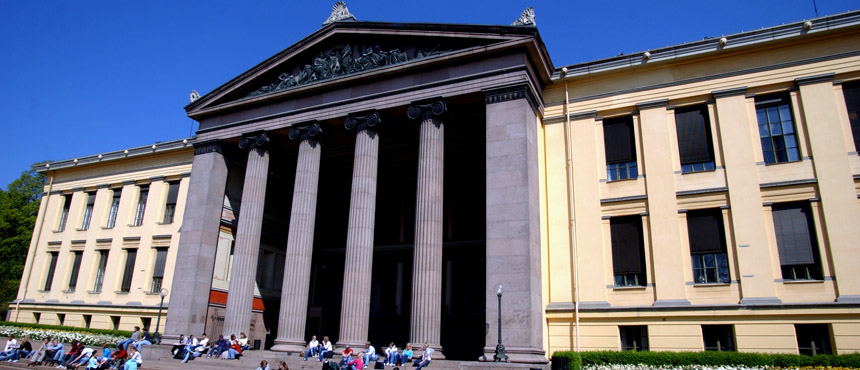The ECPR General Conference was held on 6 — 9 September 2017 in the University of Oslo. The conference attracted scholars from throughout the world and at all stages of their careers. The Academic Programme consisted of lectures, roundtables, and themed sections and panels covering all the main areas of political science, political theory, and international relations.
VOX-Pol’s Reem Ahmed (University of Hamburg) presented ‘The Mobilization of the Extreme Right Online: A Frame Analysis Approach’, which she co-authored with Dr. Daniela Pisoiu (University of Hamburg), during the panel on ‘Hate and Activism on the Internet.’ While the extreme right has traditionally tended to focus its online activity on dedicated online forums and websites, the New Right has made more use of social media to propagate their messages. Using frame analysis and primary data from a number of social media platforms, the aim of Ahmed and Pisoiu’s paper was to offer some insights into how the internet is being used by the contemporary extreme right and how such discourse impacts on mobilisation.
VOX-Pol Research Fellow, Dr. Caterina Froio (Oxford Internet institute), also took part on the conference. Dr. Froio’s paper, co-authored with Dr. Emiliano Grossman (Science Po Paris), was entitled ‘Why is the Populist Radical Right so Popular? The Role of News Media Content in Explaining the Popularity of the Front National’, and was part of ‘The Rise of Populist Political Communication: Political Parties, Media, and Citizens in Times of Crisis.’ The Front National is considered one of the most successful Radical Right Populist Parties (RRPPs) in Western Europe. Existing literature mainly considers anti-immigration, economic and party competition factors to explain RRPPs’ popularity. The role of news media, however, has only been a focus of academic attention since the turn of the century. This paper considers the role of news content as an explanatory factor, while simultaneously controlling for unemployment rates, immigration levels, crime rates, the content of party manifestos of mainstream parties, and leaders’ alternation between 1983 and 2015.
Caterina also presented her paper entitled ‘Blood, Religion or Culture? Framing Islam in the Online Network of the French Far Right’ during the panel on ‘Digital Populism: Internet and Far Right Populist Politics.’ Following the 9/11 attacks, Islam has become a top priority in public debates in Europe and the US; while scholars agree that Islam is crucial in the electoral propaganda of the far right and that it is also acquiring importance in far right street politics, to date virtually no contribution provided an account of anti-Islam mobilisation among far right parties and movements. To address this gap, this paper aims at understanding when anti-Islam narratives become an avenue for joint mobilization between actors engaged in the protest and electoral arenas.
